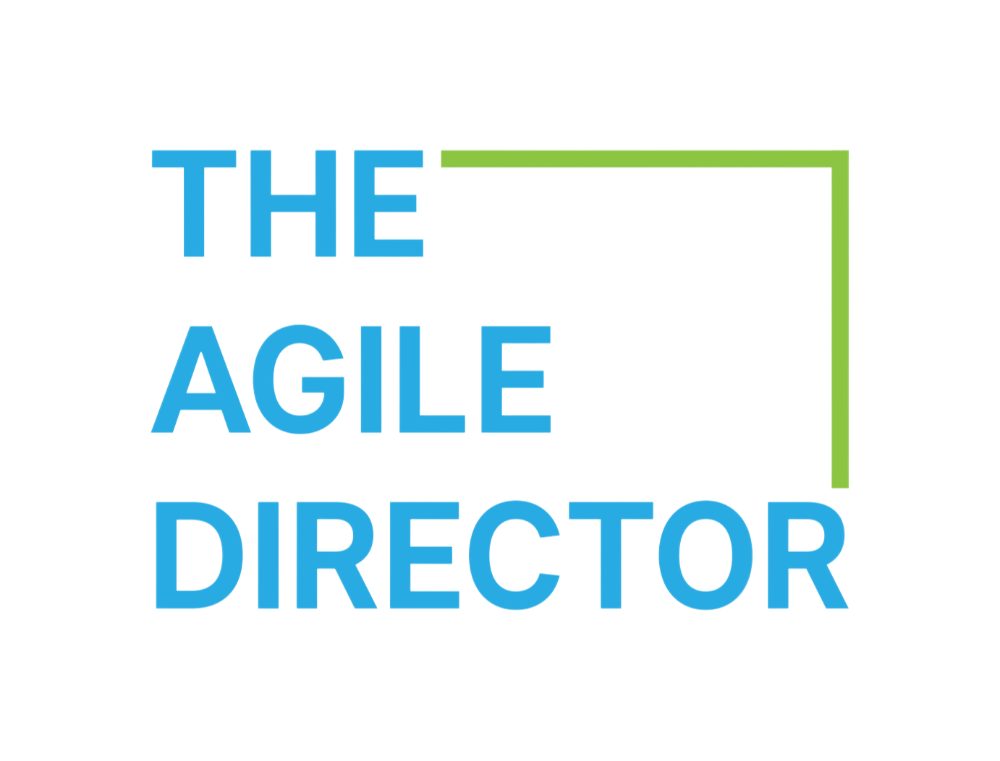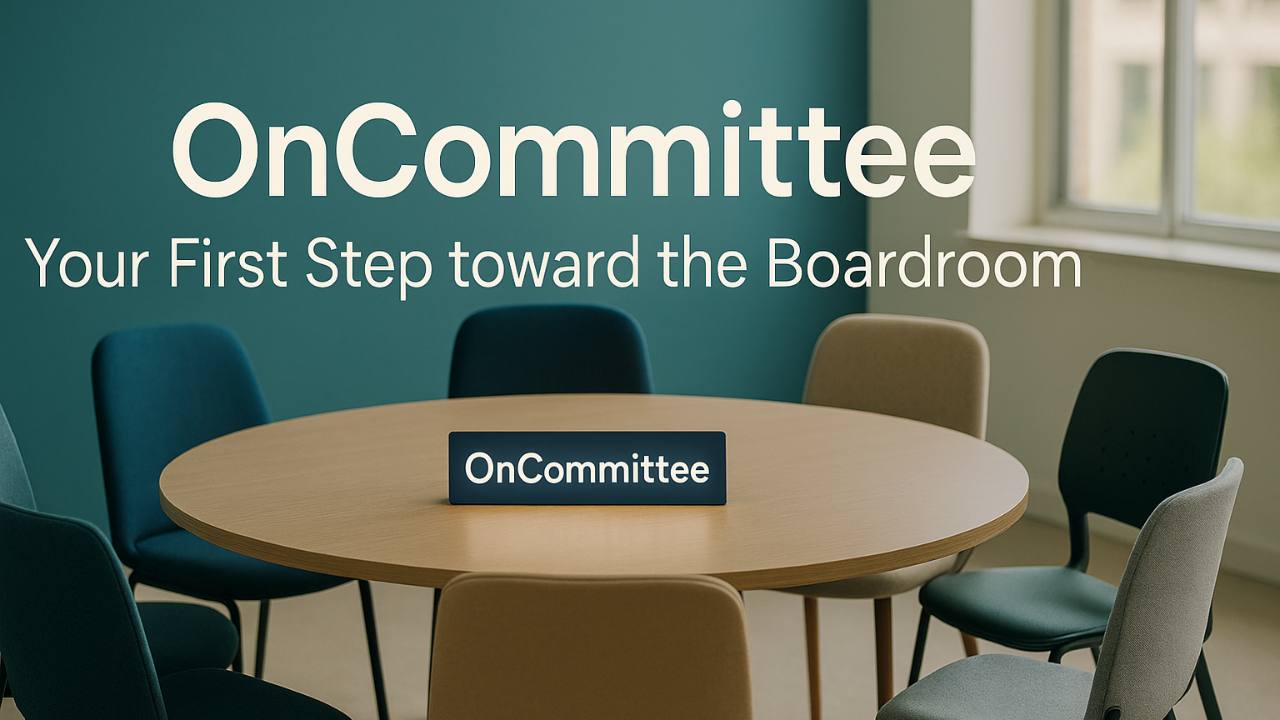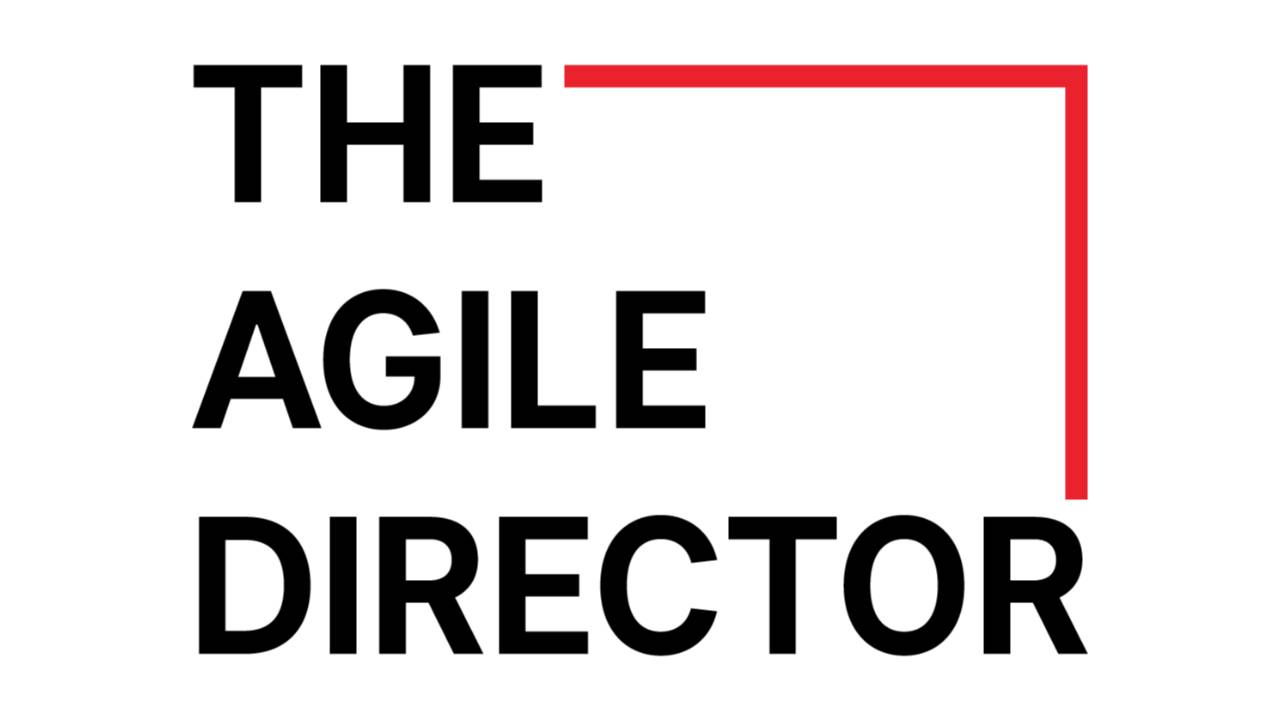Categories
advisory board aspiring director authentic leadership blueprint board leadership board readiness board reflection boards civic culture corporate responsibility crisis leadership culture democracy director development director pathways director responsibilities ethical governance ethical leadership future of boards future of work governace governance governance training governance trends governex innovation integrity leadership oncommittee organisational culture social contract social license stakeholder strategy start-ups the agile director🌿 Emotional Agility in the Boardroom
Welcome to this edition of Insights for The Agile Director, where we explore the concept of Emotional Agility, how it relates to the Board room and why Directors must be aware of it.
🌿 Compassion, Posture, and Presence: Unlocking Emotional Agility in the Boardroom
What does it take to be an effective board member today? Beyond technical knowledge and strategic insight, one trait increasingly distinguishes high-performing directors from the rest: emotional agility.
In this edition of The Agile Director, we explore how emotional agility—and especially compassion—plays a critical role in how directors show up, connect, and contribute in the boardroom. It's a conversation that starts not with frameworks or tools, but with the posture of the self.
🧘♂️Governance Begins with the Self
Before any director can effectively engage with others, they must first learn how to engage with themselves. As was highlighted in a recent discussion with a governance leader, compassion doesn’t begin in policy documents—it begins internally.
“If you can’t love yourself—not with arrogance, but with elevated self-interest:— you can’t genuinely give to others,” .
Self-awareness and self-compassion form the foundation for how we show up as leaders. Without them, even the most skilled directors risk projecting insecurity, defensiveness, or dominance. But when self-compassion is present, directors are more open to challenge, more willing to listen, and more capable of working through disagreement productively.
This idea — what Dale Simpson calls “boardroom posture” — is central to emotionally intelligent governance. Your posture isn’t about power. It’s about presence.
💬 From Challenge to Contribution: Compassion in Action
Disagreement is essential to good governance. But how we disagree matters. Emotional agility allows us to hold firm views lightly, to remain open to feedback, and to recognise that not being right is not the same as being wrong.
Great directors embrace the tension that arises in thoughtful challenge. They welcome contrary perspectives—not to win an argument, but to uncover truth and improve decisions. And they do it from a place of respect and curiosity, not control.
This is only possible when compassion is present. A director from a recent conversation noted:
“You can’t be uncomfortable with others if you’re not comfortable with yourself.”
In other words, self-respecting directors are less threatened by dissent. They see challenge as collaboration, not confrontation.
🛑 Boardroom Collusion: A Hidden Risk
When compassion and authenticity are absent, a different problem can emerge: collusion.
It doesn’t always look like backroom deals or active deception. More often, it looks like silence. Avoiding tough topics. Softening language. Siding with group sentiment even when it doesn’t align with your own view.
This is often driven not by malice, but by a lack of self-confidence or fear of standing out. Boards must be wary of environments where belonging is valued more than truth. Collusion thrives in cultures where directors feel they can’t speak freely—or where they feel they must perform rather than contribute authentically.
The antidote? Authenticity, trust, and values-based leadership.
☀️ The Chair as the Sun
For chairs, the challenge is even greater. The chair sets the tone for the entire boardroom—inviting some voices forward, moderating others, and shaping the energy of the group.
A director recently used a powerful metaphor: the chair as the sun.
“The sun shines equally. It doesn’t choose favourites. It shares warmth, light, and life with all who are open to receive it.”
Great chairs don’t dominate. They cultivate. They listen generously, speak with clarity, and bring the best out of everyone—not just the loudest. Like the sun, they hold a steady presence that allows others to grow.
🧘 Group Presence: Why Stillness Matters
Nilesh Meetah advocates for a practice that’s becoming more accepted—even in corporate boardrooms: meditation.
Nilesh is known for beginning board meetings with a few minutes of silent reflection—giving directors space to let go of the noise they carried in and realign with the purpose of the room.
This isn’t about spirituality or softness—it’s about performance.
Boards, like teams, function best when they’re attuned to one another. And attunement requires stillness. When directors begin a meeting in sync—grounded and present—the quality of decision-making improves.
It’s the governance equivalent of tuning an orchestra before the symphony begins.
📚 Rediscovering What’s Already There
One of the most profound takeaways from Nilesh’s perspective is this: you don’t need to learn compassion—you need to remember it.
“Compassion is your natural state. It’s just buried under layers of conditioning.”
The journey, then, is not about becoming someone else—but about returning to who you were before fear, pressure, and performance expectations took over.
This idea is echoed in philosophy, psychology, and even literature. As one example, the Dalai Lama’s Cat series—recommended reading by many directors who’ve worked with Nilesh—offers a gentle, story-driven way to reflect on self-acceptance, mindfulness, and compassion in leadership.
🎯 Practical Ways to Apply Emotional Agility as a Director
Want to bring more presence, authenticity, and compassion into your board practice? Start here:
- Pause Before You Start
Introduce a brief moment of silence at the start of each board meeting. It grounds energy and invites reflection. - Check Your Posture
Before responding to challenge or disagreement, ask: “What’s my internal posture right now?” Reacting from ego? Or responding from awareness? - Reflect on Your Role
Are you performing a version of yourself—or showing up as your whole self? Your presence creates permission for others to do the same. - Read Differently
Explore books that nourish the inner director. Fiction, fables, and philosophy can often teach what frameworks can’t. - Lead Like the Sun
If you’re a chair, focus less on steering and more on shining—create conditions where others can do their best work.
🧠 Final Thought
The future of governance will not be led by the most authoritative voices—but by the most grounded, reflective, and emotionally agile directors.
In a time where uncertainty is high and trust is fragile, boards must be more than technically proficient—they must be human.
And that starts with a simple, powerful truth: you don’t need to create compassion—you just need to uncover it.
We’d love to hear from you.
If this edition sparked new thinking or you'd like to share how your board is navigating similar challenges, join the conversation with us on LinkedIn, or get in touch via agiledirector.com.au.
You can also explore past editions or sign up others to receive The Agile Director here:
🔗 Newsletter Archive & Sign-Up
Until next time,
The Agile Director







